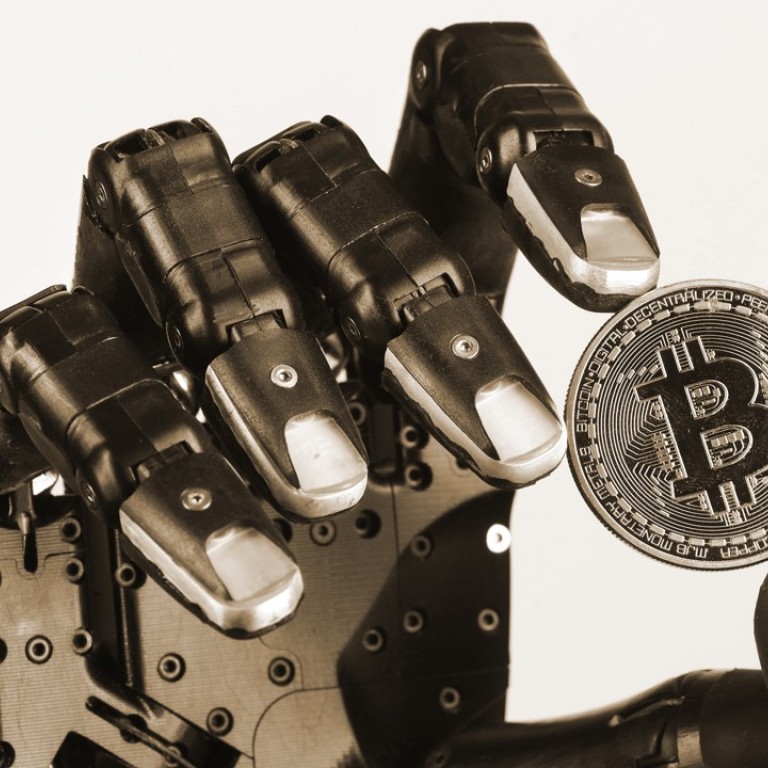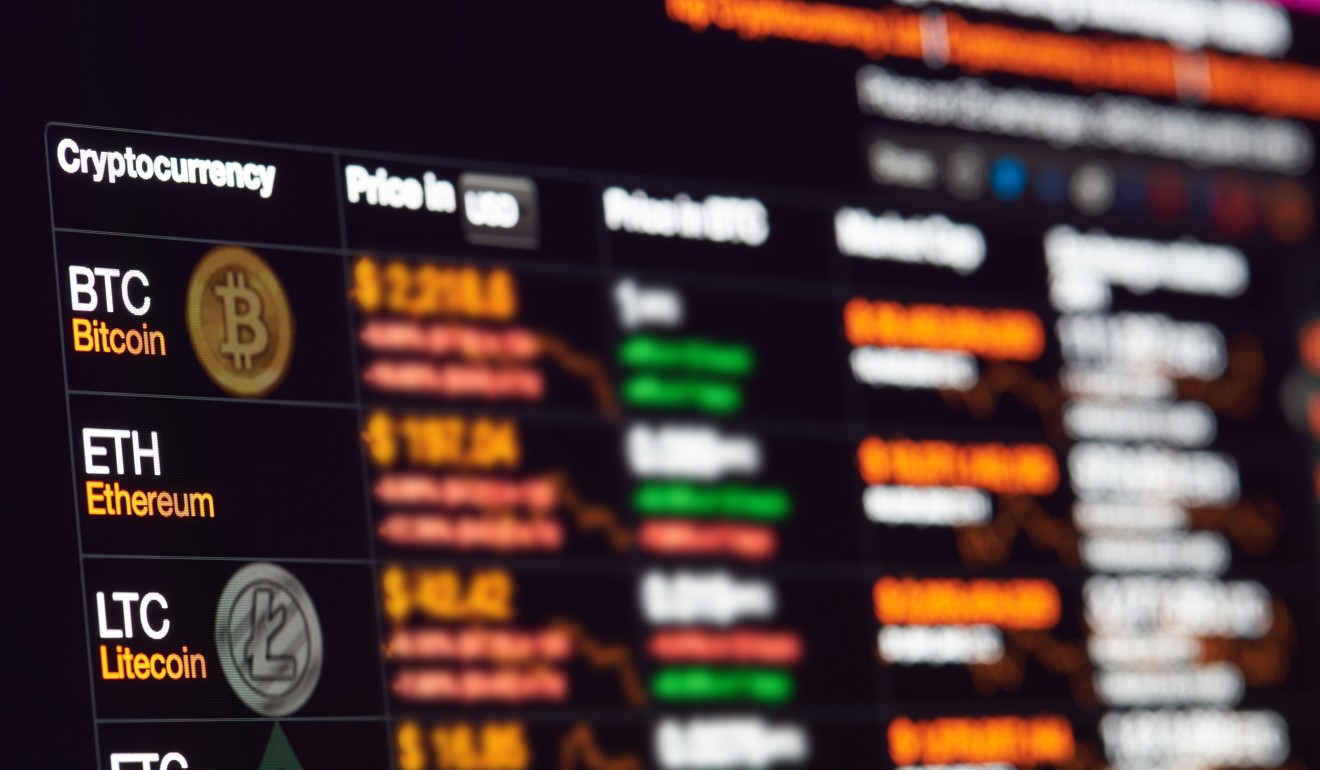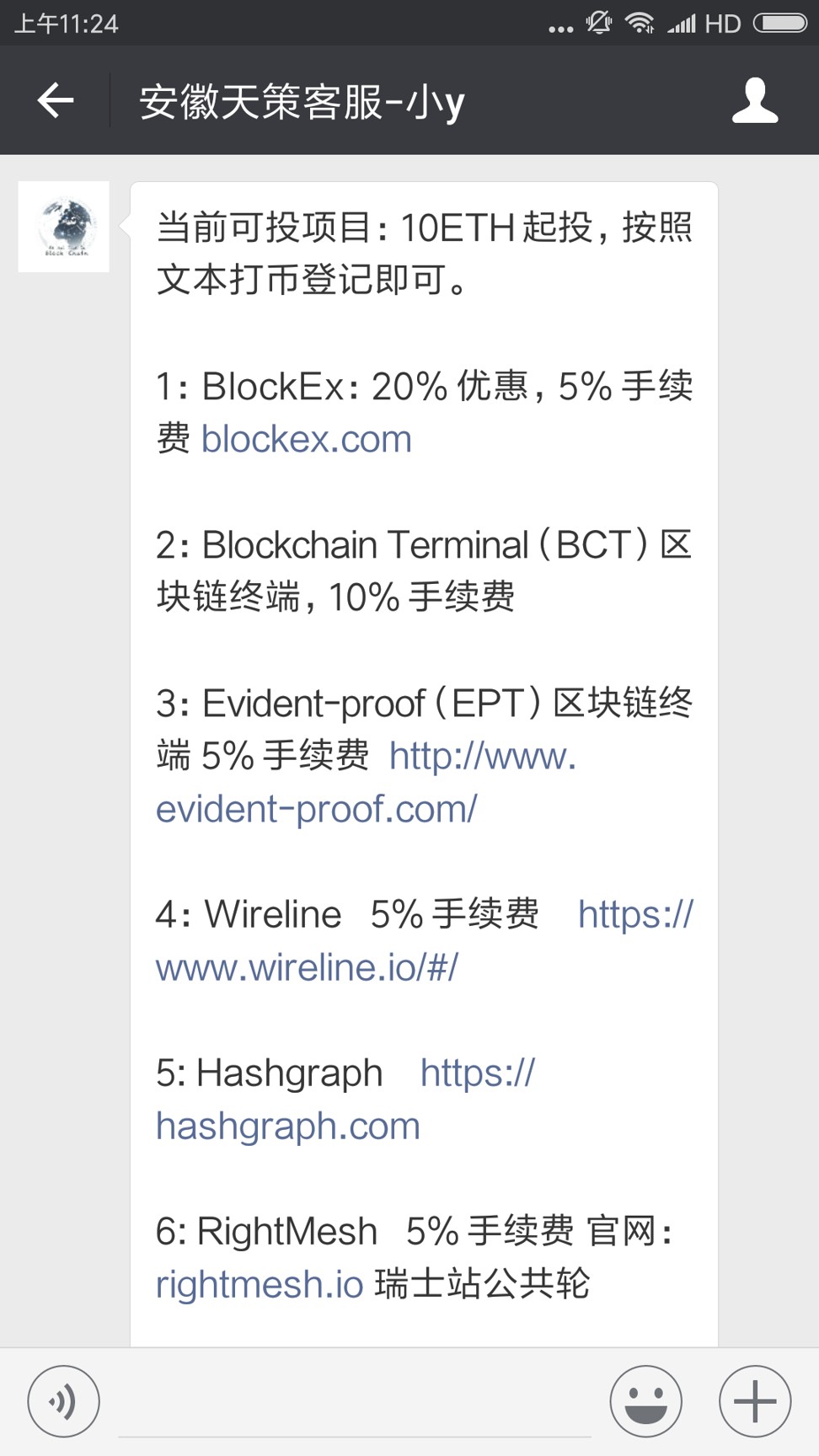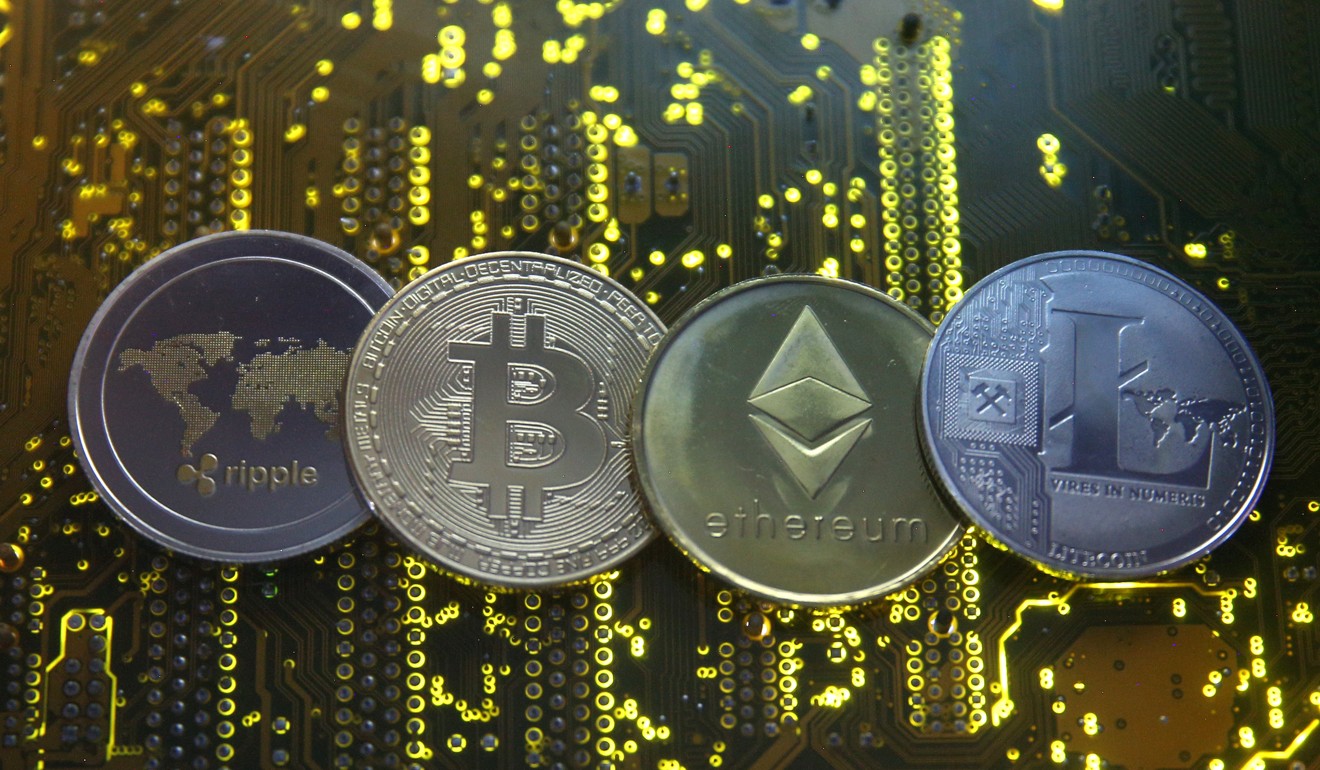
Update | How agents are helping investors buy into initial coin offerings, despite their ban in China
‘Where there’s demand, there will be supply … If there are gains to be made, then people will take risks,’ says vice-president of the Hong Kong Blockchain Society, of the enduring appeal of cryptocurrency offerings
Initial coin offerings (ICOs) may well have been banned in China since September last year – but the opportunity of getting involved in these virtual fund-raisings, using “cryptocurrencies”, has far from disappeared altogether.
Before the ban, ICOs were marketed across China using online platforms. But all those sites were closed nationally by The People’s Bank of China (PBOC), the country’s central bank, with operators ordered to return money to investors.
The PBOC has since claimed in a report that a staggering 90 per cent of the ICOs launched in the country were fraudulent.
Its biggest fear was social unrest arising from an ICO proving to be nothing more than a fraudulent way of raising cash from unsuspecting investors.
China’s monetary authorities were also acutely aware of virtual currencies and coin offers being used by corrupt officials to transfer money out of the country.
The result was a blanket ban on online virtual currency exchanges offering trading services for domestic investors on transactions denominated in yuan.
But even with that ban in place, online agencies are still advising customers on how to get involved in ICOs, and funnelling interested parties in their direction, via overseas websites.
Instead of offerings marketed directly online, ICOs are often promoted on Tencent Holdings’ social messaging service WeChat through such agents or middlemen, who are charging hefty fees for the privilege.

One agent called An Hui Tian Ce Blockchain charges up to 10 per cent commission for each offering and according to a list its customers have been sent on WeChat, there are currently eight ICOs available. These include names such as RightMesh, Dfinity, and Wireline, the last of which is presented on a dedicated Chinese-language site. Where they are eventually listing and their values remain unknown.
Canada-based RightMesh claims to be the first platform to offer investments in mobile mesh networks – communications networks using radio nodes – using blockchain technology.
Dfinity is building a new kind of public decentralised cloud computing resource, while Wireline is planning to operate a micro-services exchange for developers.
“RightMesh is not seeking investment in China and has no affiliation with Tian Ce,” a spokesperson representing the Canadian company, said in an emailed statement.

There is no official data on how many are operating or how much has been raised on WeChat or other social media platforms in China.
But commentators suggested the original risks which prompted the Chinese authorities to outlaw them in the first place still exist – effectively, that these agents could run away after the fees are paid, as could their investments.
CNBC reported last year, for instance, that a start-up ICO for a company called Confido deleted its site and social media accounts soon after raising US$375,000.
While direct sales online are not permitted, Dragonsocial – a Hong Kong-based marketing agency which helps foreign ICO companies reach Chinese investors – has also been actively building what it calls “cryptocurrency communities” on WeChat.

“Lots of companies launched ICOs last year, when there were a limited number of investors.
“We thought it was high time to provide them with a service,” said Cao Ming Xiu, Dragonsocial’s operations officer in mainland China.
“There were many cases in China where people posted adverts with big WeChat groups. But that goes against Chinese regulations, and we don’t do that.
“Rather, what we do is community-building. We don’t promote our clients and their ICOs in groups, instead we discuss them.”
Cao said more than 20,000 such WeChat groups exist nationwide, focused on discussion rather actual ICO execution.
“Some groups have hundreds of people involved. A small percentage of them are our employees, and they lead conversations,” said Raymond Lam, Dragonsocial’s head of growth. “It is through that, we help members discuss certain new projects.”
The companies Dragonsocial represents, Lam said, are often involved in financial technology and logistics ICOs.
“Through discussion within these groups, there are now [more] people in the mainland capable and aware of reaching overseas websites or official ICO outlets, that allow them to invest in cryptocurrencies,” Cao said.
“The mainland has banned ICOs. So cryptocurrency investors now have to access overseas trading platforms to exchange theirs [cryptos] for US dollars or Hong Kong dollars.”
Emil Chan, vice-president at the Hong Kong Blockchain Society, believes it is hard to effectively regulate the dealers, without an official licensing mechanism in place.
But with the number of tokens issued last year globally rising a hundred-fold, he said speculators are sure to continue jumping on the bandwagon, regardless of the fears that undoubtedly still exist.
According to ICO tracking firm Token Data, of the 902 token sales launched last year, 46 per cent failed to materialise.
“But where there’s demand, there will be supply,” said Chan. “If there are gains to be made, then people will take risks.”
He said a more meaningful way of tackling illegal ICO sales is to issue licences, which is already happening in Japan. Cryptocurrency exchanges there, require a payment institution licence to operate.
“There is actually no way to ban all unregulated dealers, he said. [If you ban one], they’ll just set up another,” Chan said.


